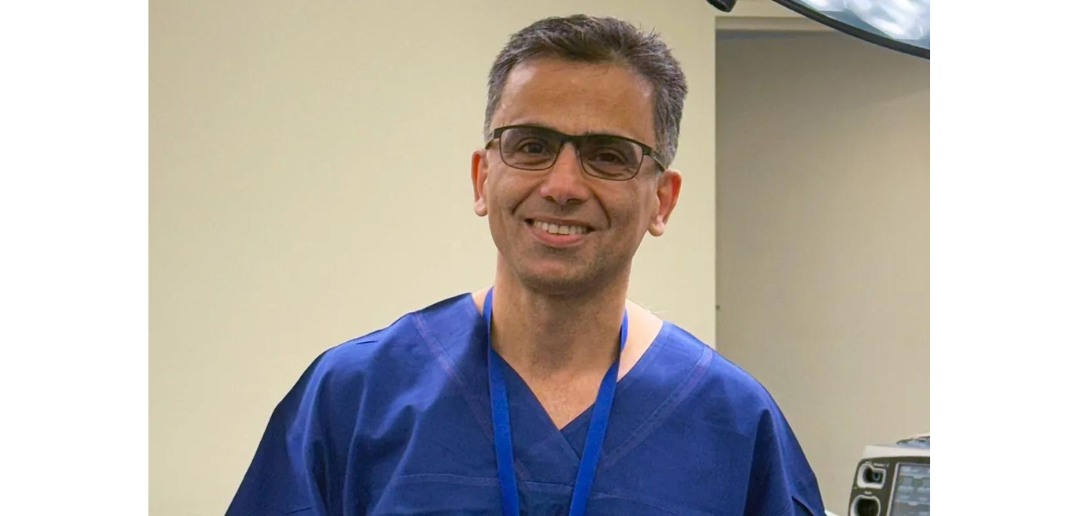Hospitals share new breast cancer radar for patients’ sake

08/08/24
Two private hospitals have teamed up to offer advanced care to breast cancer patients in west Sydney.
Strathfield Private Hospital recently invested in new technology designed to improve breast cancer surgery accuracy and outcomes.
It will share the SCOUT Radar Localisation system with another Ramsay Health Care facility, Westmead Private Hospital, located 15 kilometres away.
“As Australia’s largest private hospital operator, Ramsay is well-placed to share resources to ensure as many Australians as possible can benefit from technology like this,” Strathfield Private Hospital CEO Rowann O’Mullane said.
The system replaces the traditional method of tumour location, which uses a wire placed during a pre-surgery procedure.
The SCOUT technology uses a tiny device, the size of a grain of rice, called a reflector which finds tumours and shows surgeons the shortest route for removal.
“The wire-free approach allows more flexibility in surgical planning and execution and aligns with our commitment to adopting innovative technologies designed to improve surgical outcomes and patient experiences,” said Associate Professor Farid Meybodi, a breast surgeon at Westmead Private Hospital.
“The precision of the SCOUT system helps ensure complete removal of the lesion the first time, reducing the need for reoperations.”
The SCOUT radar, used in more than half a million procedures worldwide, can also aid the removal of non-cancerous breast abnormalities.
A/Prof Meybodi said the system reduced both physical and mental discomfort for patients.
“One of the most significant sources of stress for patients facing surgery is the anticipation and preparation for multiple interventions on the day of their operation. The SCOUT system alleviates this by reducing the need for pre-surgical localisation,” he said.
“Also, because the reflector can be placed even a few days or months before surgery, it offers more flexibility in scheduling the surgery at a time that is most convenient for the patient, rather than coordinating multiple procedures tightly around the placement of a wire. This flexibility can significantly ease the logistical burden on patients.”
